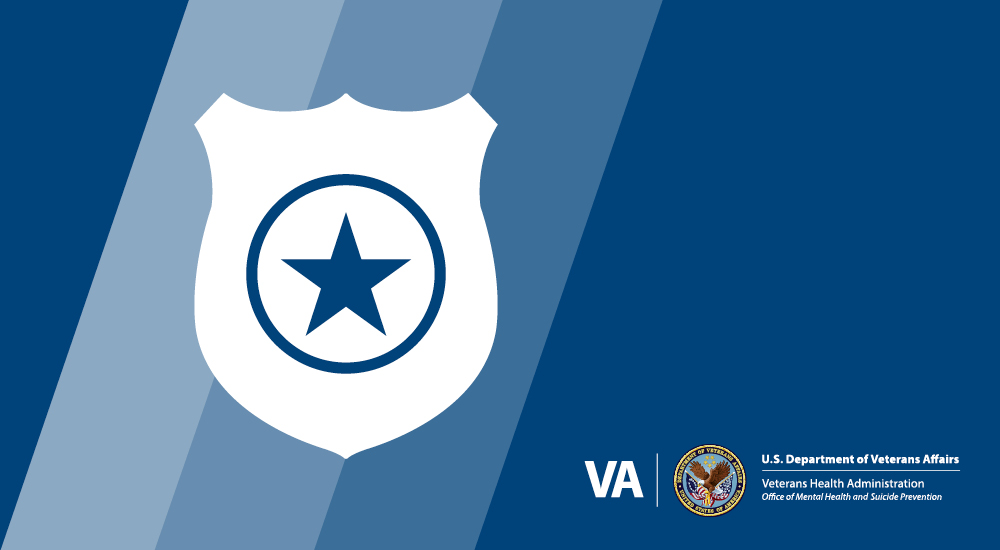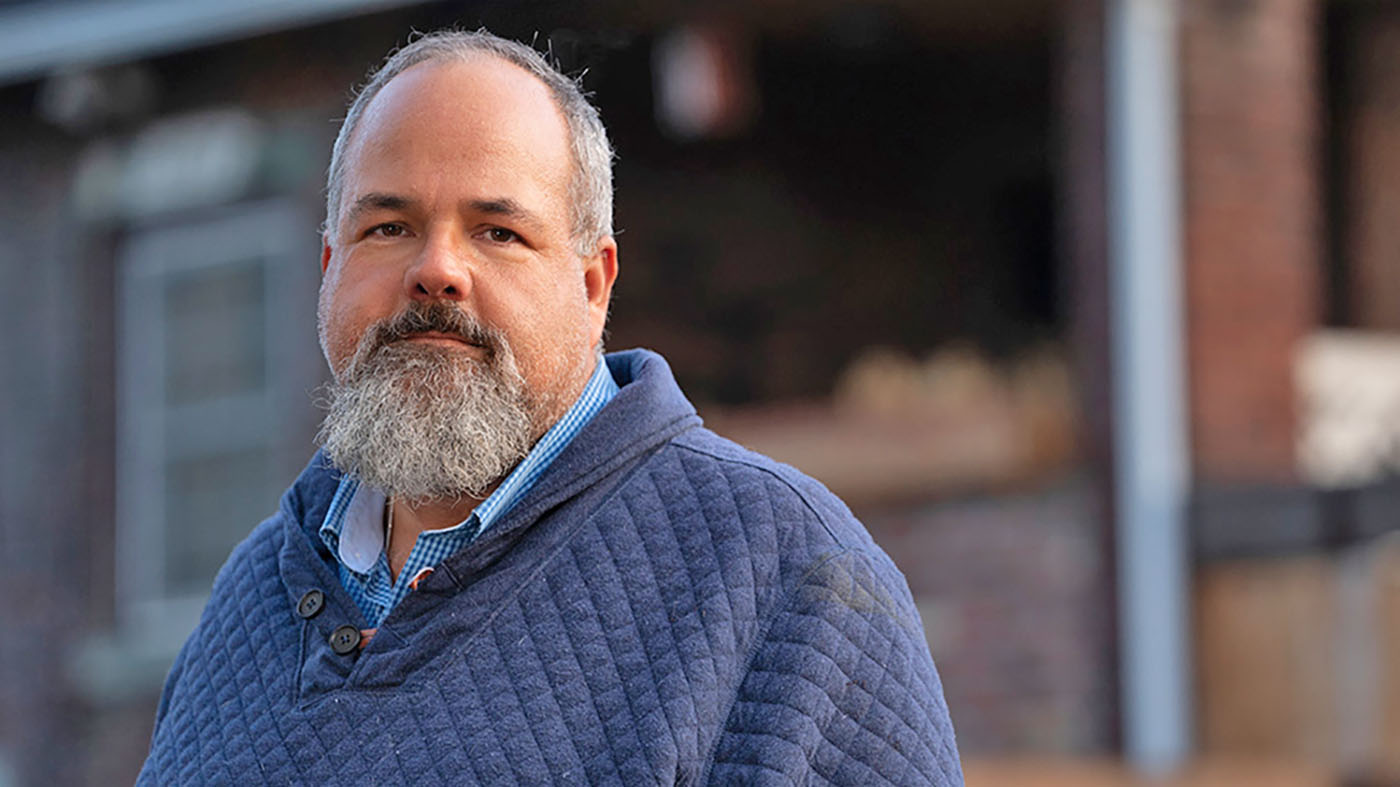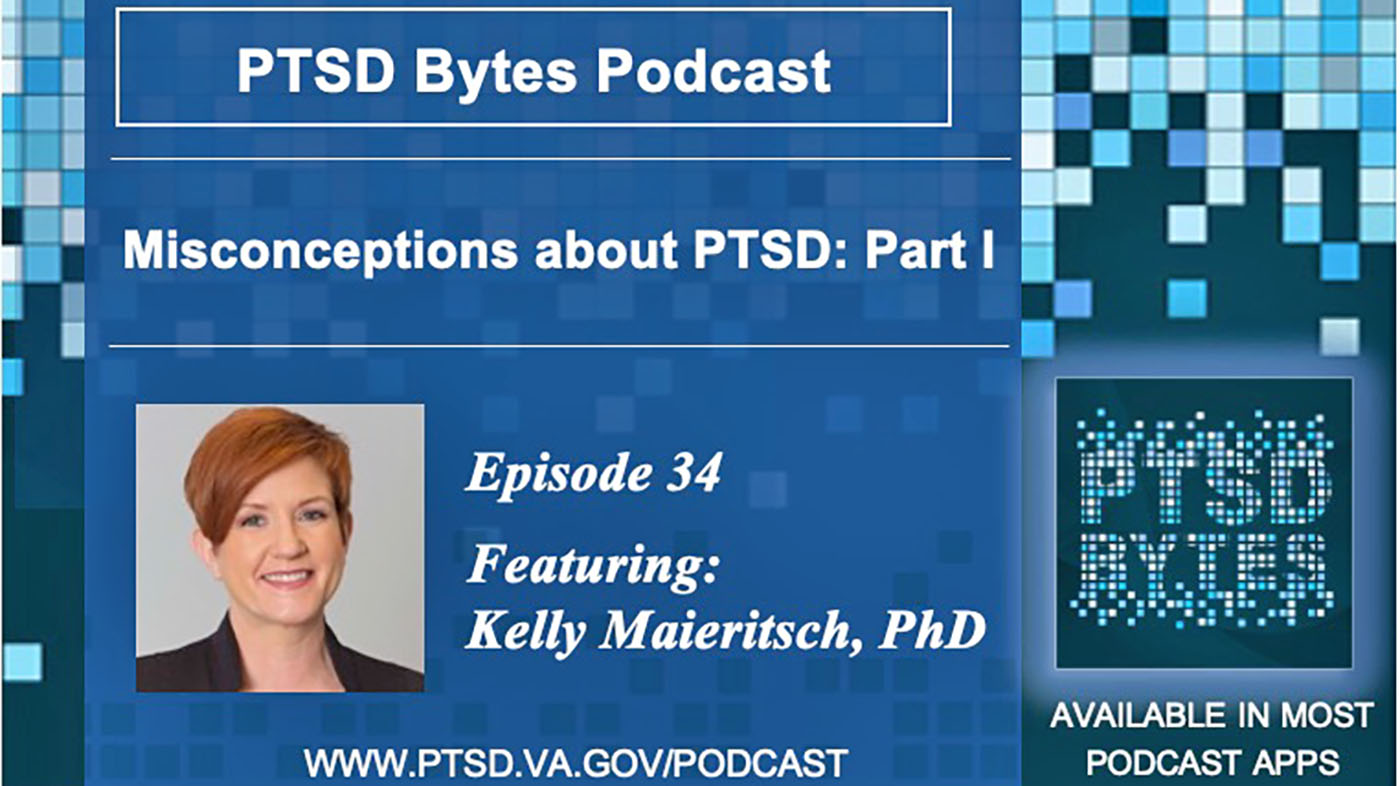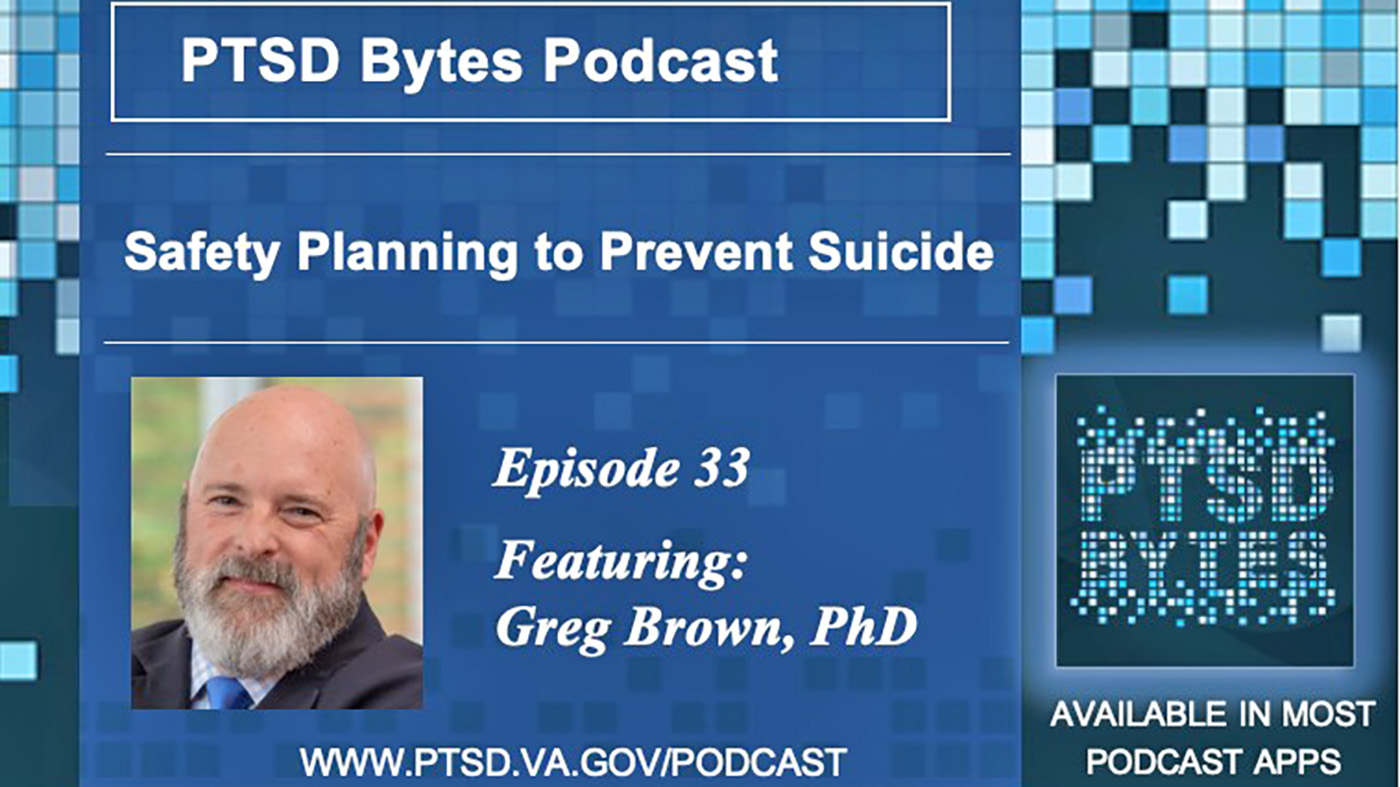The Long Beach VA has teamed up with the Los Angeles Police Department (LAPD) and the Los Angeles County Sheriff’s Department to provide Veterans in crisis with support from their peers.
When VA and the Substance Abuse and Mental Health Services Administration (SAMHSA) launched the Mayor’s Challenge to prevent suicide among service members, Veterans, and their families at the end of 2017, they asked participating cities to think broadly about the types of inter-agency partnerships that would be required to increase suicide prevention resources for Veterans in their communities.
Sharon Birman, the chief of the suicide prevention program at the VA Greater Los Angeles Healthcare System, recognized the unique opportunity she had to bring together partners from across the county to address the needs of Veterans in their area. Birman worked with three law enforcement officials — a representative from the sheriff’s Mental Evaluation Team (MET), a member of the LAPD System-wide Mental Assessment Response Team (SMART) and the Los Angeles VISN Police Department Chief — to identify where they could have the most impact in preventing Veteran suicide.
“The response to suicide prevention and mental health issues was great – they were all talking about ways they can help,” Birman said. “So, we started really simple. We left the Mayor’s Challenge and the first task we had for our local law enforcement was to have them start asking a few simple questions. The first question was ‘Have you ever served in the U.S. military?’”
The other two questions came directly from the Columbia-Suicide Severity Rating Scale (C-SSRS), a simple series of questions that anyone can use to screen for suicide risk.
Within days of the Mayor’s Challenge Policy Academy, law enforcement officials all over the county were asking these important questions. The Sheriff’s Department and LAPD even changed their intake processes so that officers in the field have to indicate when they encounter a Veteran and if they have called their local VA for help, making the connection between law enforcement and VA a required part of that contact.
Soon, the LAPD and the L.A. Sheriff’s Department were calling VA Greater Los Angeles for advice when they encountered a Veteran in crisis. Seeing how helpful it was to have a VA employee in tow when working with Veterans, the VA Greater Los Angeles team approached the Long Beach VA with a proposal to make a full-time Veteran crisis intervention team.
From there, the Veterans Mental Evaluation Team, or VMET, was born. Now, when a law enforcement officer in Long Beach encounters a Veteran in crisis, they call the local VA Police Department, who dispatches the VMET team serving as co-responders in collaboration with local law enforcement. The team has found that having a Veteran on-hand to assist a Veteran in crisis makes a world of difference.
“The response has been amazing,” Birman said. “In the first six months, there have been more than 500 calls. The Long Beach team has been incredibly busy, and they are sharing the great things that they are hearing from the Veterans they are following up with, too.”
“I think it’s a good idea to have ‘Veterans Police’ work with other police departments and help out with Veterans’ issues. It makes me less nervous.” – Veteran response to Crisis Negotiation Team
“They told me they were calling the VA and I liked that.” – Veteran response to Crisis Negotiation Team
The program has been such a success, Birman said they are looking to add a second VMET team in Long Beach, with hopes of expanding to the greater Los Angeles county in the future.
“The VMET program is a perfect example of how suicide prevention strategies can reach beyond health care settings to provide support for Veterans throughout the community,” said Wendy Lakso, acting deputy suicide prevention program director for VA’s Office of Mental Health and Suicide Prevention. “We are thrilled that the Mayor’s Challenge brought together these organizations, as coordinated efforts at the local level is key to preventing Veteran suicide.”
The health and well-being of our nation’s Veterans and former service members is VA’s highest priority. Guided by data and research, VA is working with partners, Veterans’ family members and friends, and the community to ensure that Veterans and former service members get the right care whenever they need it. To learn about the resources available for Veterans and how you can #BeThere as a VA employee, family member, friend, community partner, or clinician, visit www.mentalhealth.va.gov/suicide_prevention/resources.asp.
If you or someone you know is having thoughts of suicide, contact the Veterans Crisis Line to receive free, confidential support and crisis intervention available 24 hours a day, 7 days a week, 365 days a year. Call 1-800-273-8255 and Press 1, text to 838255, or chat online at VeteransCrisisLine.net/Chat.
About the author: Aaron Eagan is the deputy director of operations and integration for suicide prevention within VA’s Office of Mental Health and Suicide Prevention.
Topics in this story
More Stories
Be ready before a suicide crisis by learning about resources that are available. You don’t have to face it alone.
In a two-part series, Dr. Colleen Becket-Davenport discusses some common myths surrounding PTSD with Dr. Kelly Maieritsch.
In this episode of the PTSD Bytes podcast, we speak with with Dr. Greg Brown, Philadelphia VA clinical psychologist, about how safety planning can prevent suicide.






